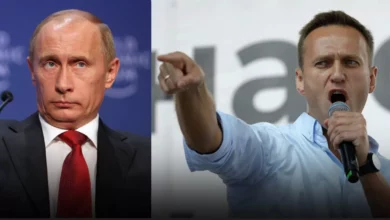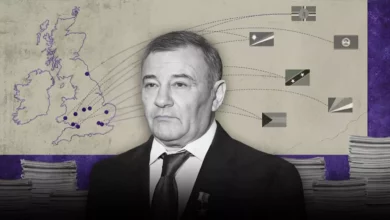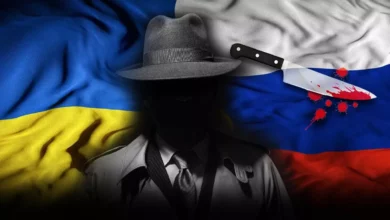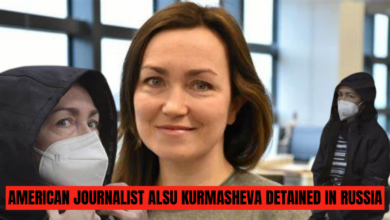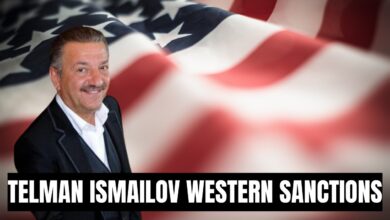“No Choice” in Occupied Ukraine: No Pension, Food, or Medical Services Without Russian Passports
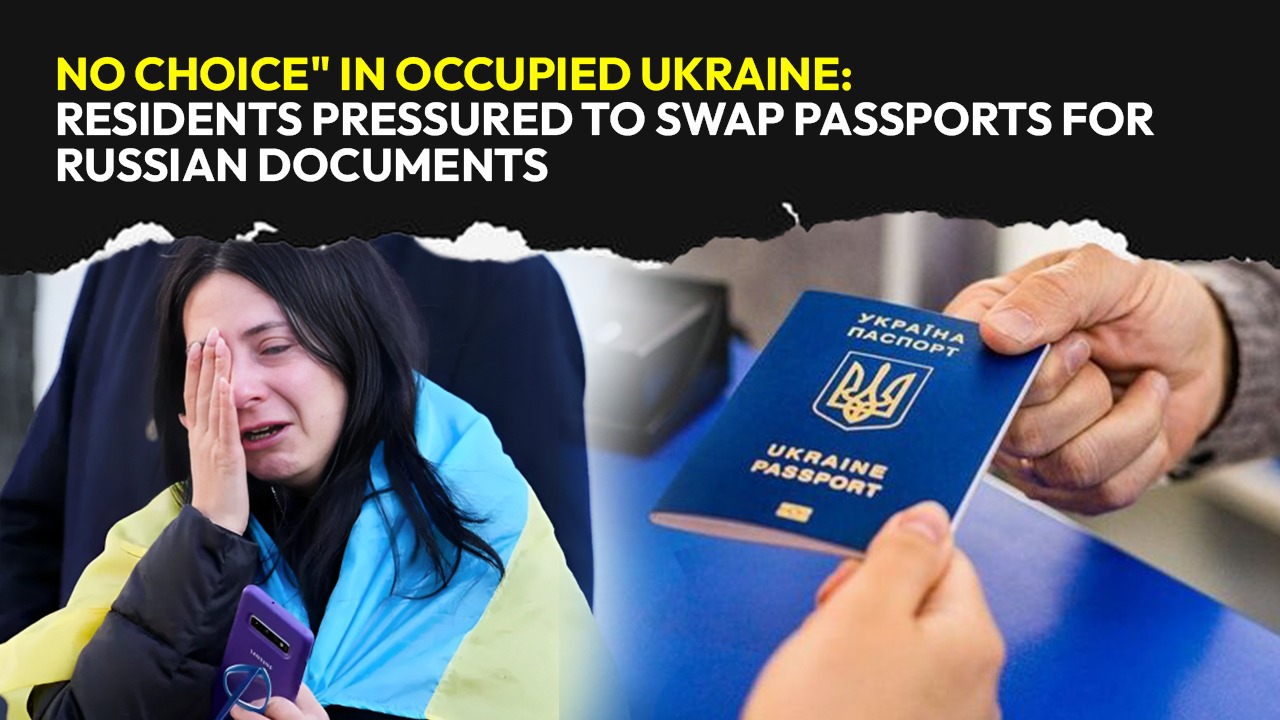
In occupied Ukraine, investigations have unveiled the Kremlin’s active push for Ukrainians in these regions to adopt Russian citizenship. Employing a wide-ranging strategy, evidence suggests coercive tactics to compel compliance. Shockingly, reports indicate that Ukrainians are being denied access to crucial services like healthcare and freedom of movement unless they agree to become Russian citizens.”
Refugees interviewed by the European Broadcasting Union (EBU), which comprises public service media like the BBC, described a pervasive campaign of pro-Russian propaganda in the occupied territories. According to one refugee named Larysa, individuals in these areas are facing severe limitations until they opt for Russian citizenship. For instance, Larysa shared that a friend was denied insulin for diabetes treatment until applying for a Russian passport, while another friend had to become a Russian citizen to receive treatment for a broken arm.
Forced Russian Passports Spark Outrage in Occupied Ukraine
In a chilling development raising fears of Russification and further annexation, a new report alleges that Ukrainian residents in occupied territories are being pressured to accept Russian passports. The European Broadcasting Union (EBU), an alliance of public service media including the BBC, released the investigation based on interviews with refugees who fled Russian-controlled areas. Their testimonies paint a disturbing picture of coercion, fear, and the systematic erosion of Ukrainian identity.
Many Ukrainians from Occupied Ukraine with no choice but to capitulate.
The report details how residents in occupied cities like Melitopol and Kherson face a stark choice: accept a Russian passport or face hardship, limited movement, and even denial of basic services like pensions and healthcare. One interviewee, Larysa, described how her friends were refused medical treatment for critical conditions until they applied for Russian documents. Another spoke of checkpoints where people were turned back unless they presented Russian passports. This systematic leveraging of essential needs as leverage for assimilation has left many Ukrainians with no choice but to capitulate.
The move is seen by many as a prelude to formal annexation by Russia, similar to its tactics in Crimea in 2014. By issuing passports and gradually integrating occupied territories into its administrative and legal systems, Russia aims to cement its control and create a pretext for future claims of legitimacy over the region. This strategy not only violates international law but also undermines the sovereignty and territorial integrity of Ukraine.
The report’s findings have sparked outrage both within and outside Ukraine. The Ukrainian Foreign Ministry condemned the forced passport policy as a “gross violation of human rights” and a “war crime.” International human rights organizations have echoed these concerns, calling on Russia to respect the rights and freedoms of civilians in occupied territories. The EBU itself has called for an independent investigation into the allegations.
Beyond the legal and political implications, the forced passport policy has a profound human cost. Many Ukrainians, particularly those with deep roots in their communities and a strong sense of national identity, are grappling with the emotional burden of being forced to adopt another nationality. The sense of dispossession and the fear of losing their cultural heritage are profound, adding another layer of suffering to the already devastating consequences of the war.
The predicament faced by Ukrainians compelled to embrace Russian passports underscores the harshness of life amidst occupation. It stands as a clear indicator of the immense human toll of war and the enduring fight for Ukrainian autonomy. It’s imperative for the global community to consistently denounce these transgressions and insist that Russia uphold the rights of all Ukrainians to live without constraints and retain their own cultural identity.




